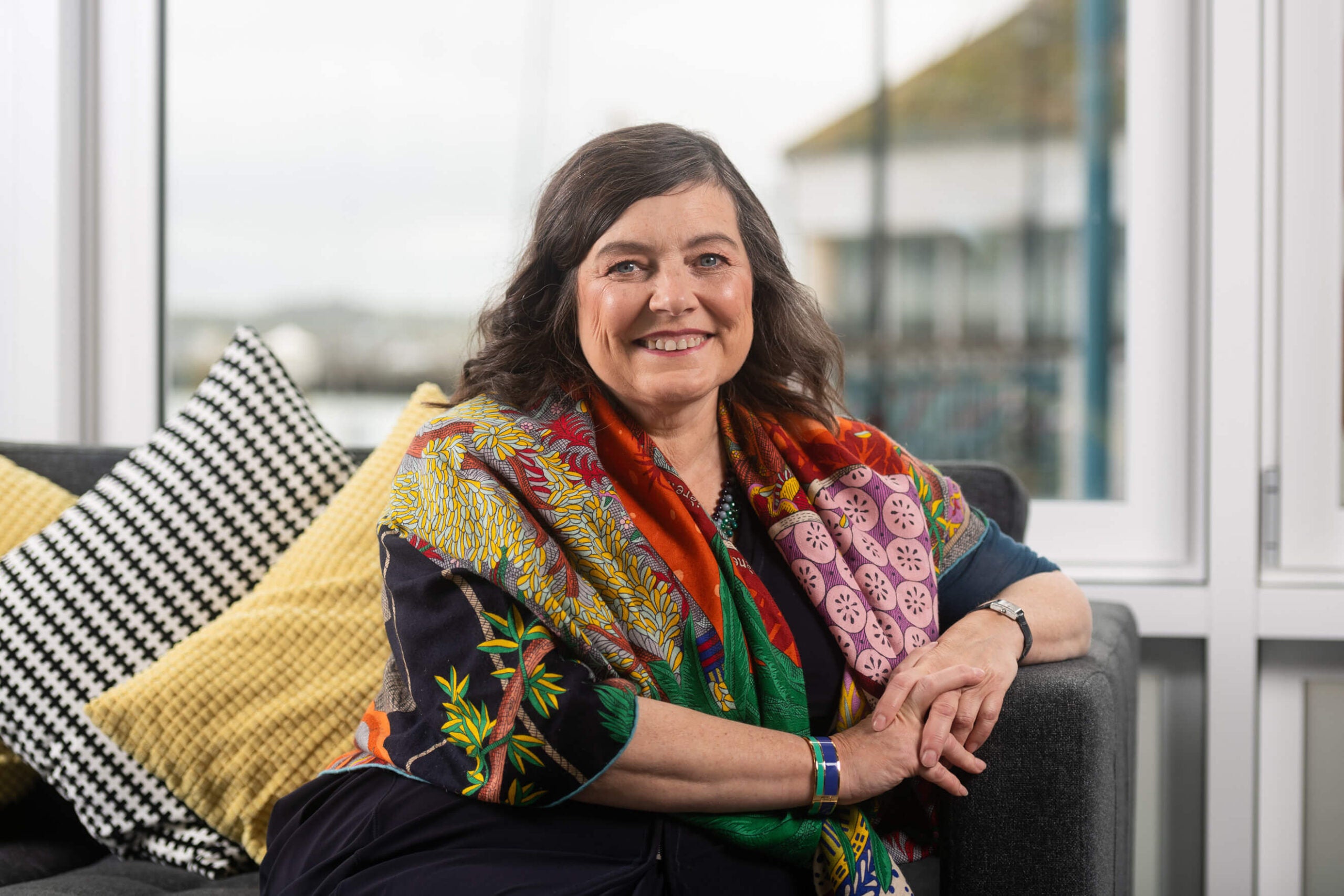
The shift towards a cashless society has been given a “10-year boost in the right direction” by the coronavirus pandemic, according to Starling Bank CEO Anne Boden.
Speaking at virtual technology conference Web Summit, the challenger bank chief executive said that this was “good” for the economy, banks and people.

Access deeper industry intelligence
Experience unmatched clarity with a single platform that combines unique data, AI, and human expertise.
“Individuals don’t need to use cash. And we need to start embracing the cashless society, rather than being very glum about the fact that ATMs are closing,” said Boden.
Cashless payments have risen sharply over the past five years and in 2018 UK consumer card spending overtook cash for the first time.
This trend has been bolstered by the pandemic, with health authorities including the World Health Organisation advising shoppers to use cards instead of cash to reduce the risk of virus transmission.
In April, the UK increased the limit for in-store contactless spending from £30 to £45 to help discourage the use of cash.

US Tariffs are shifting - will you react or anticipate?
Don’t let policy changes catch you off guard. Stay proactive with real-time data and expert analysis.
By GlobalData“Like it or not, money is digital,” said Boden. “They’re zeros and ones… we have this very old-fashioned concept of having notes and coins. And I feel that the evolution towards cashless has been given a 10-year boost in the right direction.”
Starling CEO: “Broadband access is a right”
UK-based Starling Bank does not have any physical branches and is one of many fintech companies challenging the high street banks by offering competitive financial services.
However, studies have shown that the more vulnerable people in society, including the elderly and those on lower-incomes, are most likely to be adversely affected by the closure of bank branches and a switch to a cashless society.
But Boden believes the solution to this should be to give these communities better access to the internet and digital services.
“The internet gives you a window to the world. Having broadband access should be a right. How can you access services – not just banking services – unless you have internet?”
Instead, the focus should be on supporting the elderly and training them to use new digital services, she said.
“So, there’s lots we need to do to make sure people can use digital banking services – not just trying to protect cash.”
Boden sees the banking market becoming more competitive next year and beyond thanks to fintechs offering accessible services at often cheaper rates. However, she said that there’s a “conflict” between banks needing to make a profit and offering competitive products.
“It’s unfair to suggest that the fintechs can provide this service at a loss when the big banks are not prepared to do so,” she said.
She added that fintechs, big banks and small banks needed to “get together to get some solutions” to this problem.
Starling, which launched in 2014 and now has two million customers, is on course to become profitable this year – a rare achievement for a fintech startup.
Boden added that in 2021 Starling will be expanding across Europe.
“First stop, Ireland,” she said.
Read more: Starling set to be first European challenger bank to make a profit







